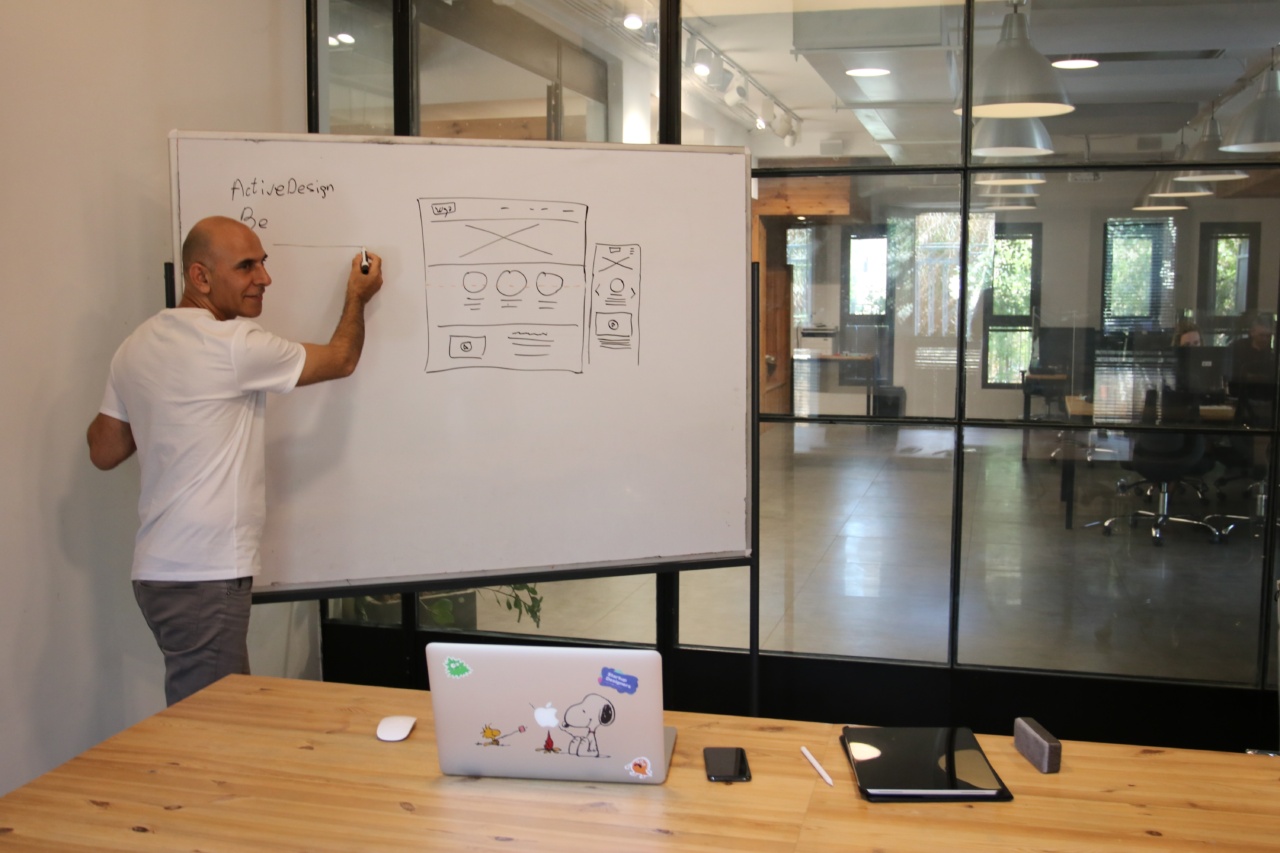As we age, the thought of slowing down the process becomes more appealing. Fortunately, recent scientific studies have found evidence to suggest that our genes can play a vital role in delaying aging.
What is Aging?
Aging is a natural process that affects us all. It is a gradual decline in physical and mental functions that occurs over time.
Although aging is an inevitable process, research has shown that different factors can influence the rate at which we age. For example, lifestyle choices such as exercise and diet can make a significant difference in how we age.
What are Genes?
Genes are units of DNA that carry genetic information from one generation to the next. They contain the instructions that tell our bodies how to grow and function.
Genes are responsible for many of our physical and behavioral traits, and they can also play a role in how we age.
Genes and Aging
Recent studies have shown that specific genes can impact how quickly we age. One such gene is called the FOXO gene.
FOXO genes have been found to play a vital role in regulating cell growth and metabolism. They can also affect how long cells can survive and how well they can repair themselves.
Research has shown that people with variants of the FOXO gene tend to live longer and have a reduced risk of age-related diseases such as Alzheimer’s disease and cancer.
The Telomere Effect
Telomeres are essential components of our DNA that protect our chromosomes and help to prevent them from wearing down over time.
As we age, our telomeres naturally become shorter, which has been linked to aging and age-related diseases such as cancer and cardiovascular disease.
However, recent research has shown that lifestyle changes can help to slow down the shortening of telomeres. For example, studies have shown that regular exercise can help to protect telomeres and delay the aging process.
How Lifestyle Choices Affect Genes
As we have seen, lifestyle choices can have a significant impact on how we age. But how do these choices affect our genes?.
Recent research has shown that lifestyle factors such as exercise, diet, and stress can affect the expression of our genes. This means that our lifestyle choices can turn genes on or off, depending on how we live.
For example, studies have shown that exercise can activate genes that are responsible for repairing damage to our DNA. This means that regular exercise can help to slow down the aging process by keeping our bodies in good condition.
The Future of Anti-Aging Research
Although there is still much research to be done, the recent discoveries made in the field of anti-aging research are promising.
Researchers are continuing to explore how genes can affect the aging process, and there is hope that future discoveries could lead to new treatments that could help to delay aging and prevent age-related diseases.
In the meantime, there are steps we can take to slow down the aging process and protect our health. By making healthy lifestyle choices, we can turn our genes on or off, helping us to live longer and healthier lives.































